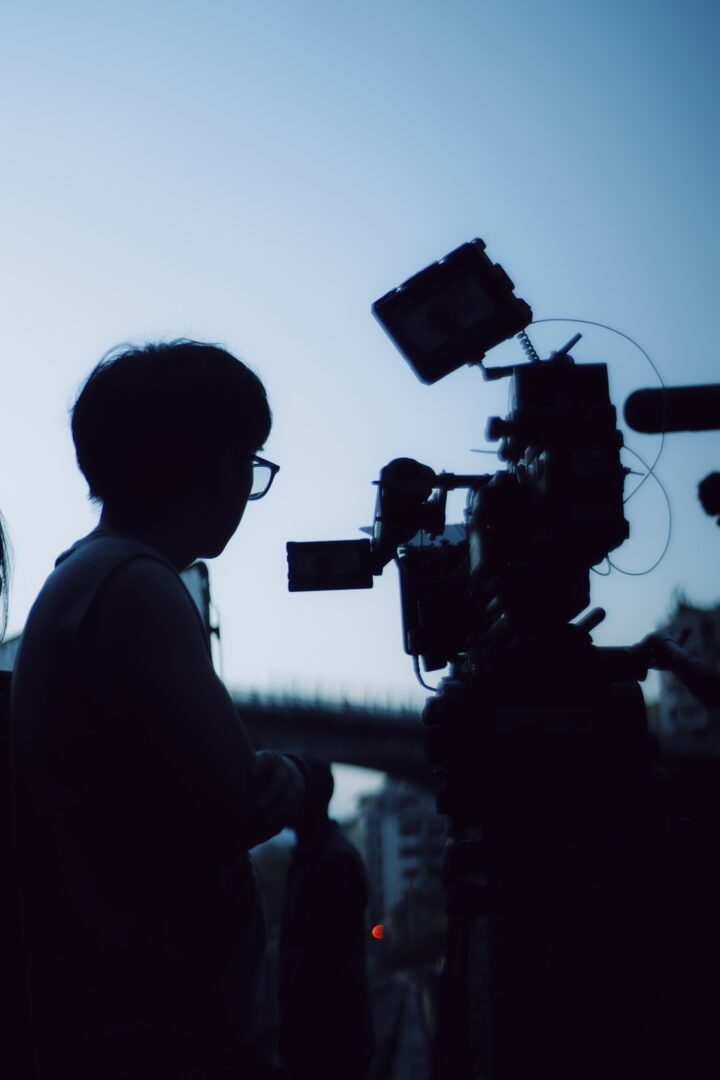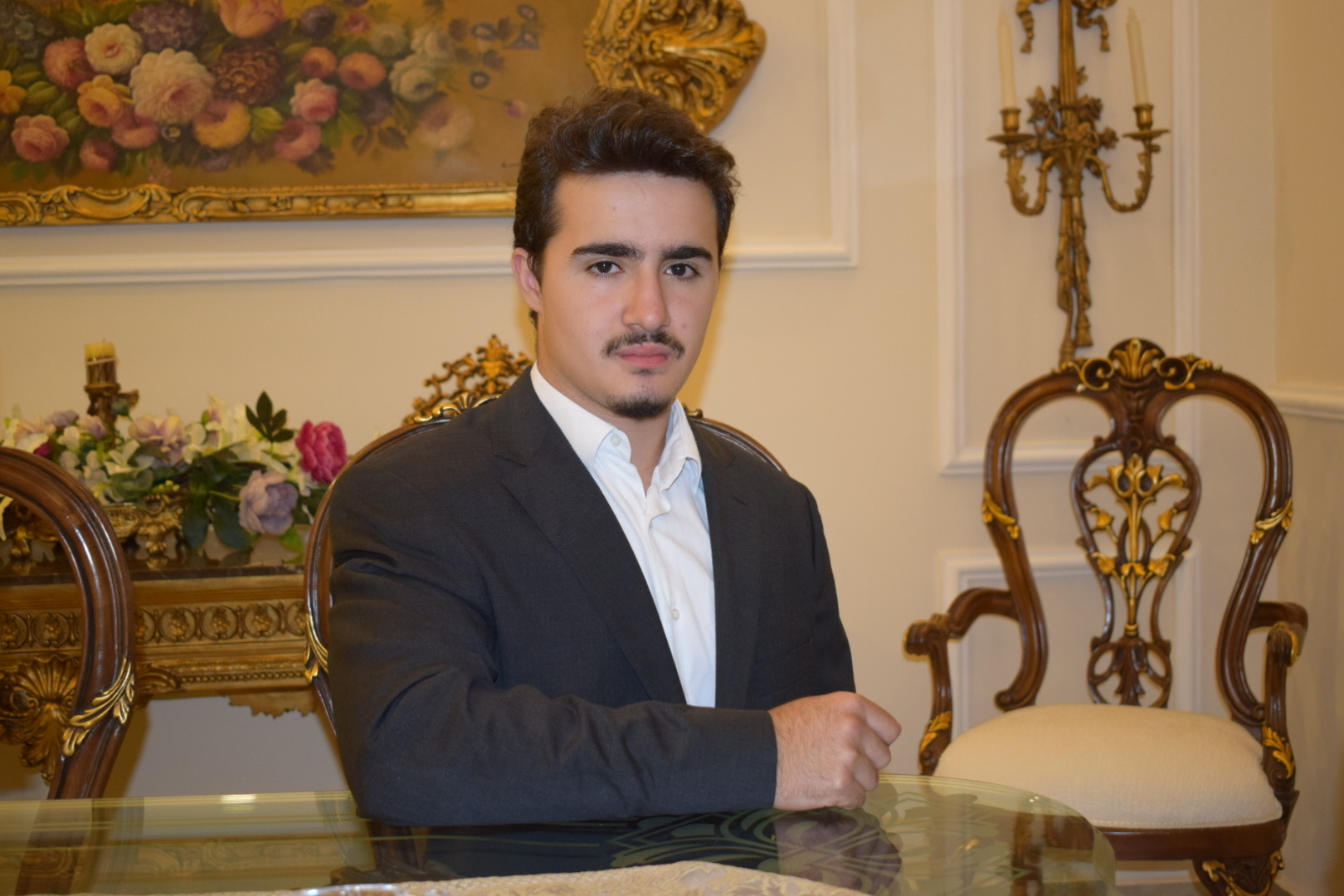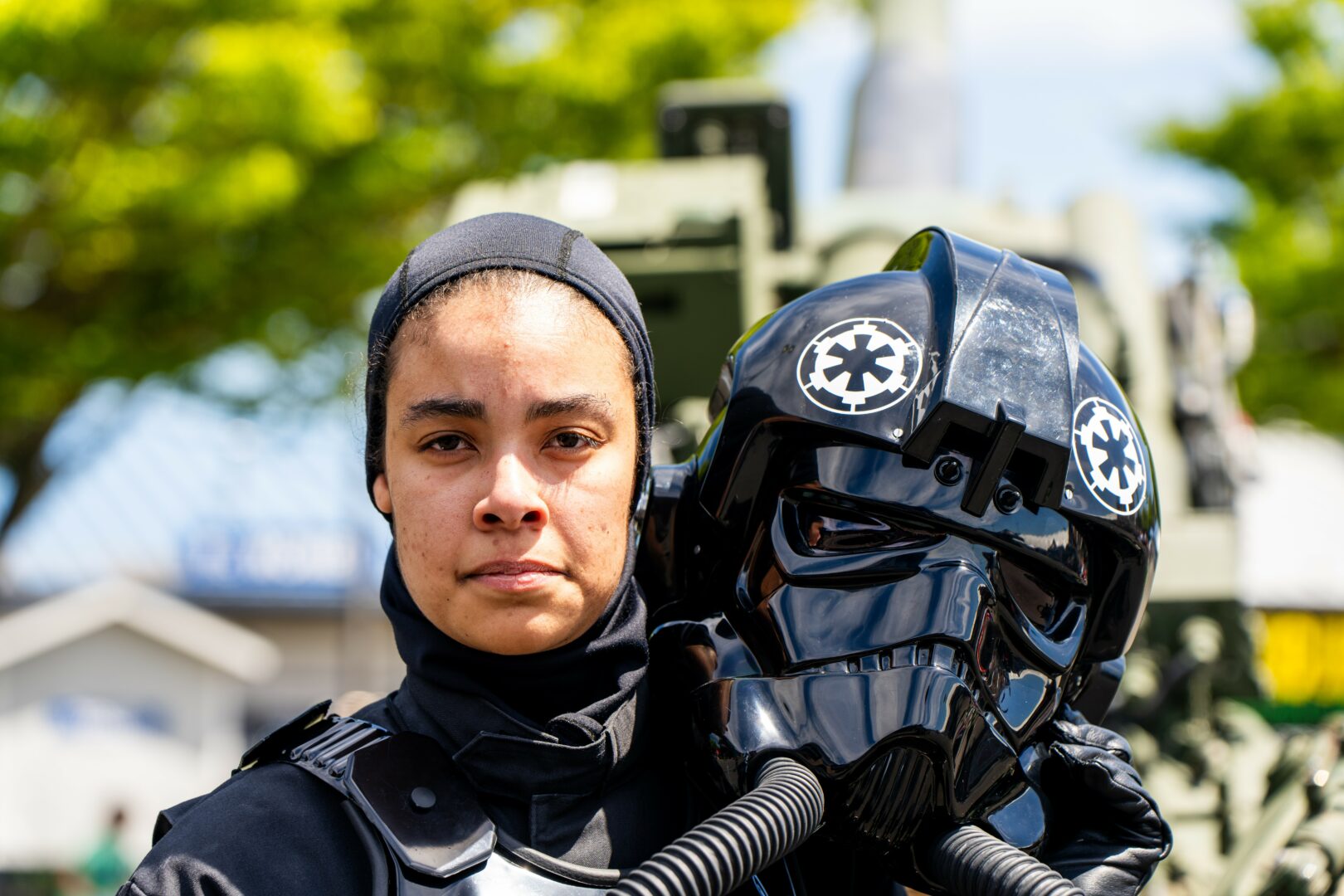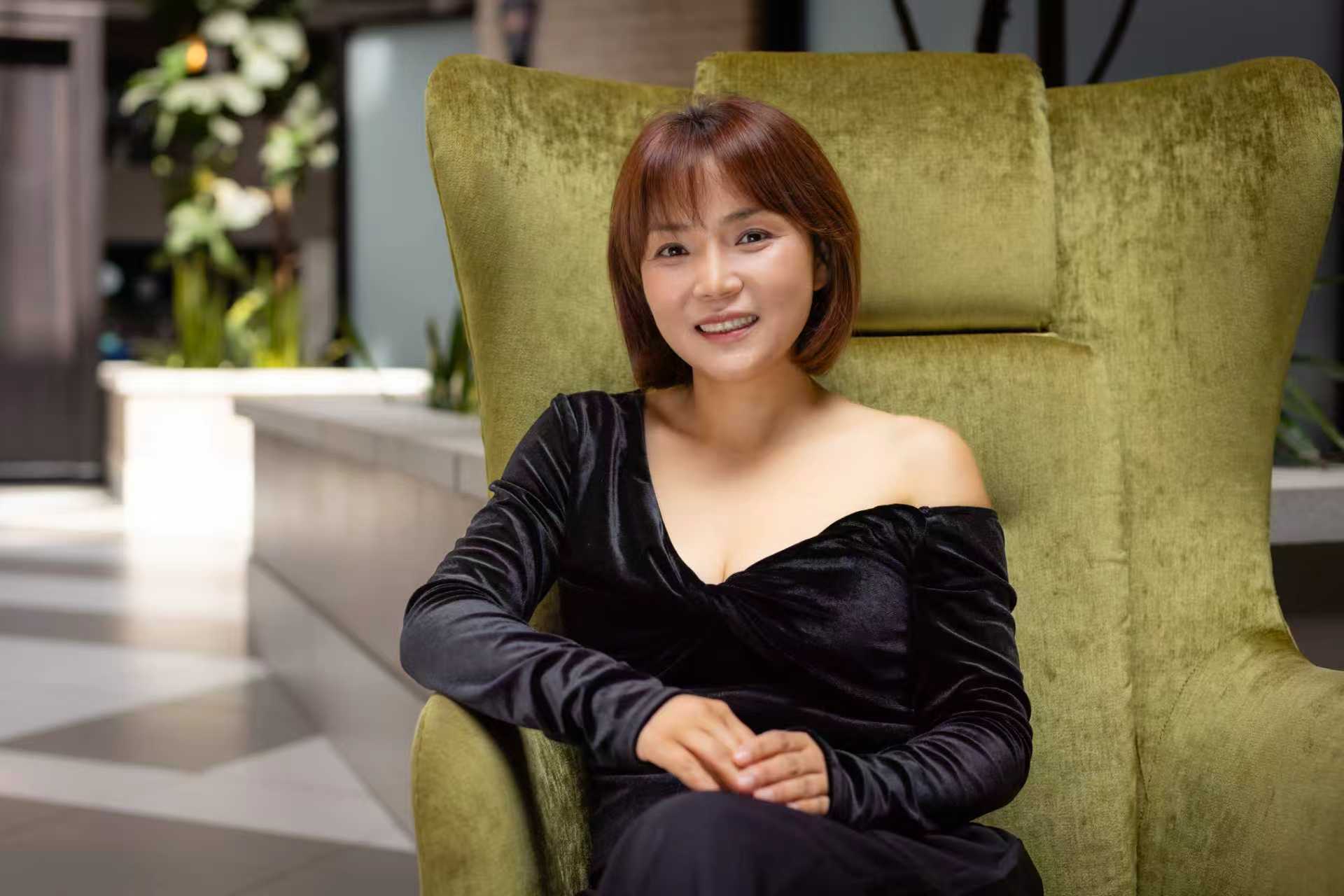Alright – so today we’ve got the honor of introducing you to Zhengyang Du. We think you’ll enjoy our conversation, we’ve shared it below.
Zhengyang, appreciate you making time for us and sharing your wisdom with the community. So many of us go through similar pain points throughout our journeys and so hearing about how others overcame obstacles can be helpful. One of those struggles is keeping creativity alive despite all the stresses, challenges and problems we might be dealing with. How do you keep your creativity alive?
As a documentary cinematographer, I have spent the past three years striving to transition into narrative filmmaking. Looking back, I realize how far I’ve come without noticing—each frame, each story, has quietly carried me away from where I started.
The transition was anything but easy. Yet I have never regretted beginning my journey in documentary film. In fact, that experience laid the foundation for everything I do today. The essence of my creative energy still comes from it—it continues to be the wellspring that feeds my imagination.
The renowned Chinese film scholar Dai Jinhua once said that since the birth of cinema, the human lifespan has been extended threefold, because through film we can live other people’s lives and feel what they feel. A friend once told me that those who truly understand life are also those who make the best films. I couldn’t agree more.
I am deeply grateful to every person who has allowed me to film their story: the Chinese construction workers making a living in Israel; the small tech entrepreneurs in North America; the Tibetan woman in Shambhala searching for her own existence; my college friend who found courage through the duality of light to undergo gender affirmation surgery; the boy who dreamed of diving in the Pacific but wasn’t allowed; the horse confined in its stable, desperate to run; the hot-air balloons rising from the plains of New Mexico; the online singer in Shaanxi diagnosed with schizophrenia. Each life is a single frame, and all those frames together make up the film of our shared humanity.
My camera has always been greedy—it longs to sculpt time with precision. When I began shooting narrative films, I realized that every character and space I encountered still spoke to me in the same way my documentary subjects once did. Somehow, I always felt guided—knowing instinctively how to frame, how to light, how to listen.
If that can be called “inspiration,” then it comes entirely from the people who once allowed me into their worlds. It is their courage, their truth, that keeps my creativity alive.
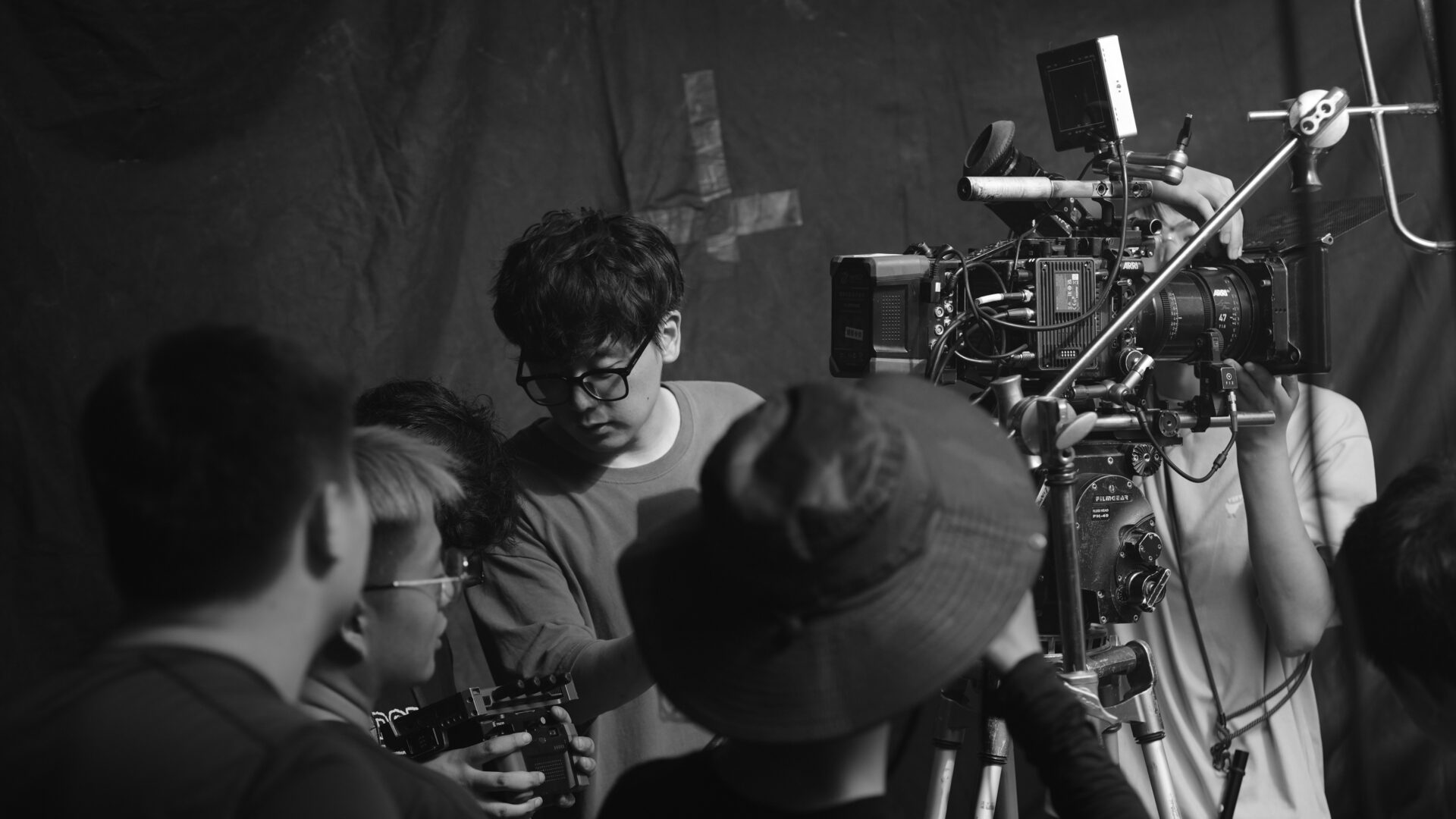
Appreciate the insights and wisdom. Before we dig deeper and ask you about the skills that matter and more, maybe you can tell our readers about yourself?
I’m a cinematographer who works on both films and documentaries. Most of my documentary projects are mission-driven and often created in collaboration with nonprofit or community-based organizations. I hope my work can carry both social meaning and artistic value — to inspire audiences and move them emotionally. Whether I’m documenting the daily life of Tibetan Buddhists in Western China or exploring discussions around gender and identity, I want my images to bring reflection and beauty to people.
What I love most about my work is the chance to encounter different ways of living and to understand how people see the world. I believe their quiet presence can still give voice to those whose stories deserve to be heard. Grounded in reality, my documentaries have deeply influenced my approach to cinematography — teaching me how to capture authenticity, empathy, and the poetry within the ordinary.
Recently, I completed a self-initiated project at the Albuquerque International Balloon Fiesta in New Mexico. I was fascinated by the idea that there exists such a romantic celebration — a gathering of people who love the sky. Standing on the vast desert plain, surrounded by the glow of dawn and hundreds of balloons rising through the cold air, I was inspired by the colors, light, and human spirit. While reviewing the footage, I started thinking about how these compositions and emotions might shape my next narrative film — how to transform the fleeting beauty of real life into cinematic imagination.
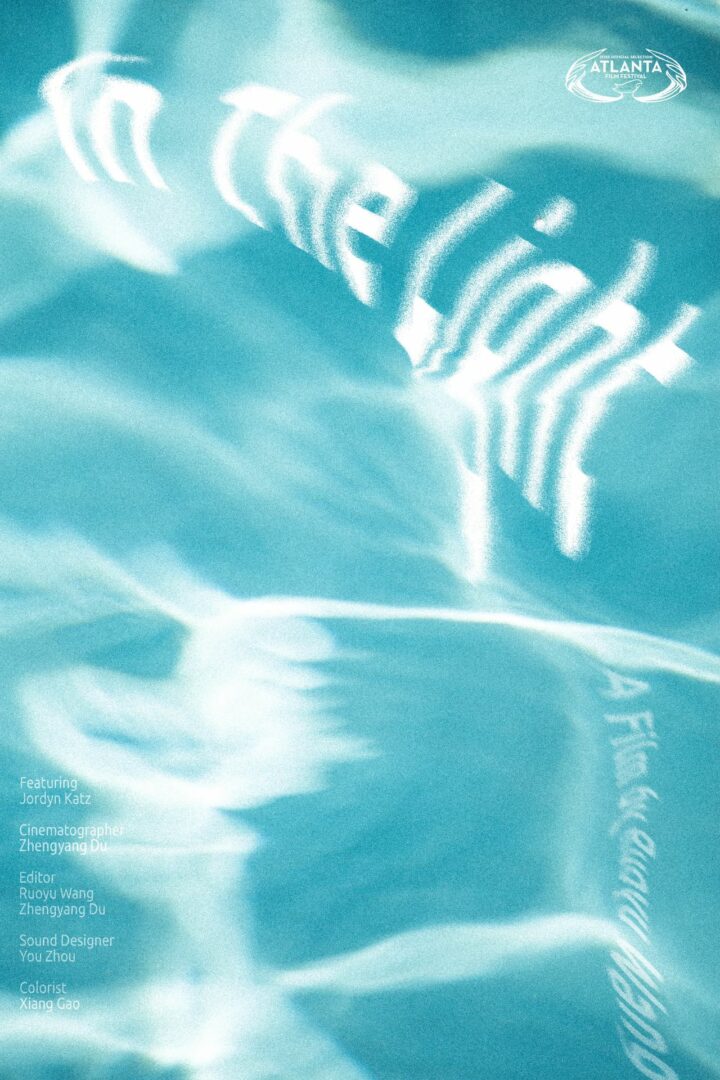
Looking back, what do you think were the three qualities, skills, or areas of knowledge that were most impactful in your journey? What advice do you have for folks who are early in their journey in terms of how they can best develop or improve on these?
1. Skill – The Ability to Learn
The most important skill in my journey has been the ability to learn. In filmmaking, there are endless details to absorb — from the technical to the emotional. Even after working in the industry for four or five years, I still find something new to learn on every set. Maintaining a learning mindset keeps me from becoming complacent; it pushes me to grow and stay curious. This profession changes constantly, and the willingness to keep learning is what keeps you alive within it.
2. Quality – Confidence
Confidence is closely tied to learning. In this industry, there will always be things you don’t know — and that’s okay. The key is not to lose faith in yourself because of uncertainty, but to stay optimistic and believe that you can figure things out. Confidence doesn’t mean knowing everything; it means trusting that you have the ability to learn and adapt.
3. Area of Knowledge – Visual Language
I believe that visual language will always be the most essential area of knowledge in our field. It has taught me how to understand space, how to communicate emotion through framing and movement, and how to let images speak when words cannot. For me, visual language is not just a skill set but a lifelong pursuit — a discipline that continues to shape the way I see and tell stories.
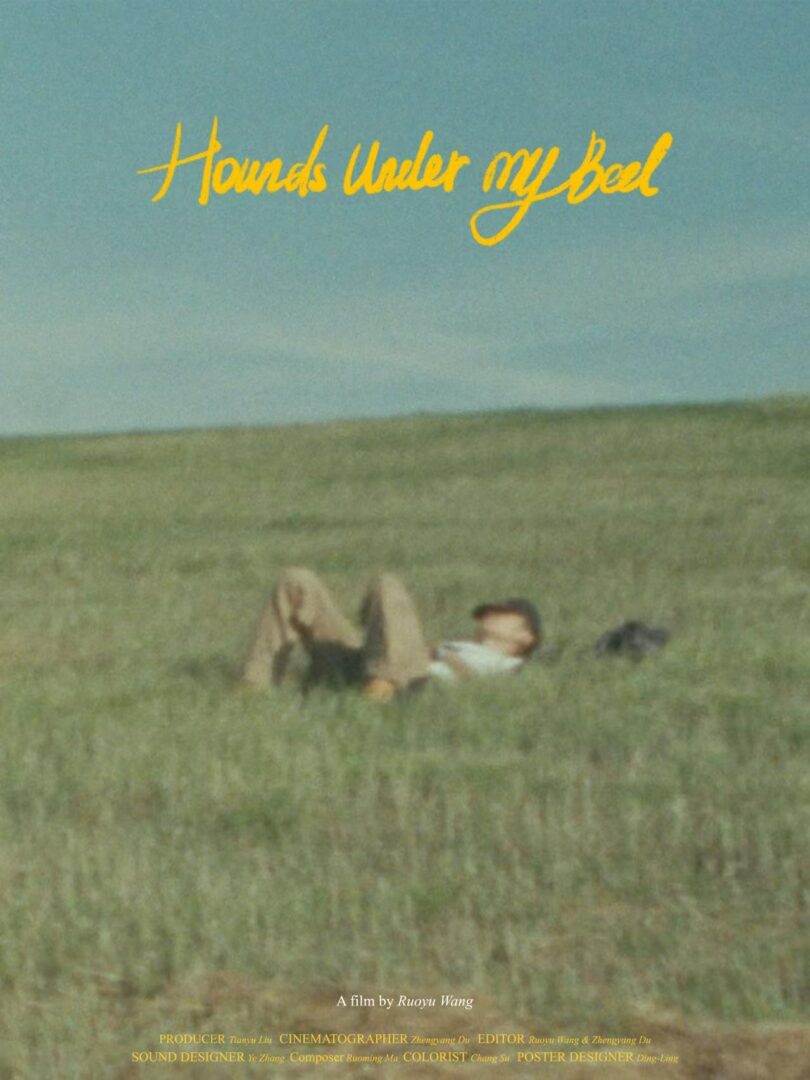
How would you spend the next decade if you somehow knew that it was your last?
If I knew I only had a decade of life left, I would spend it traveling with my camera — exploring different spaces around the world, observing how people, animals, and nature coexist within them. I would keep reflecting on how to capture their lives through images and frames, how to write their stories through scripts, and how to preserve their beauty through film. For me, filmmaking is a way to remember — to make sure that these moments, these beings, and their quiet existence will not be forgotten.
Contact Info:
- Website: https://dukecine.com
- Instagram: dukexa997
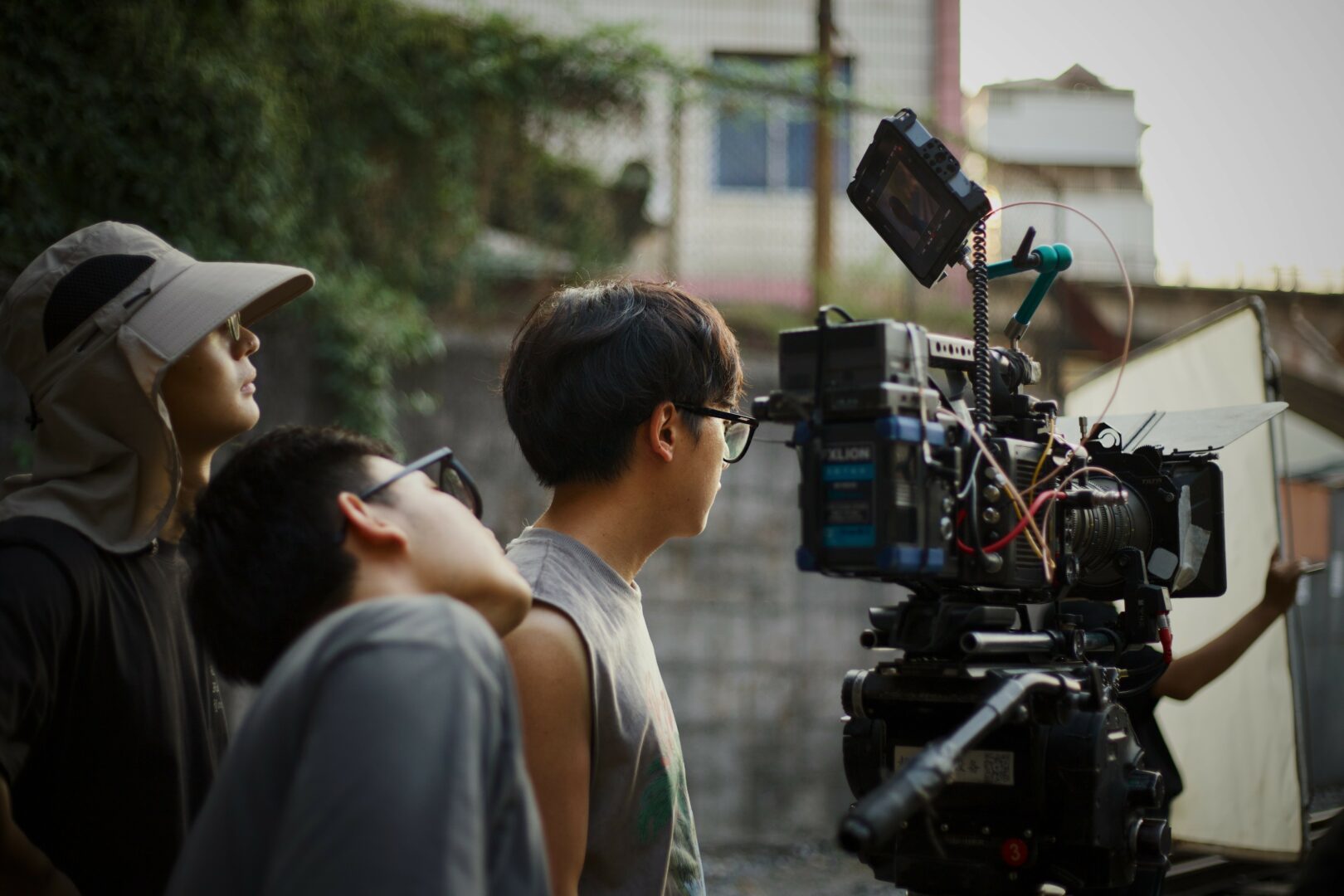
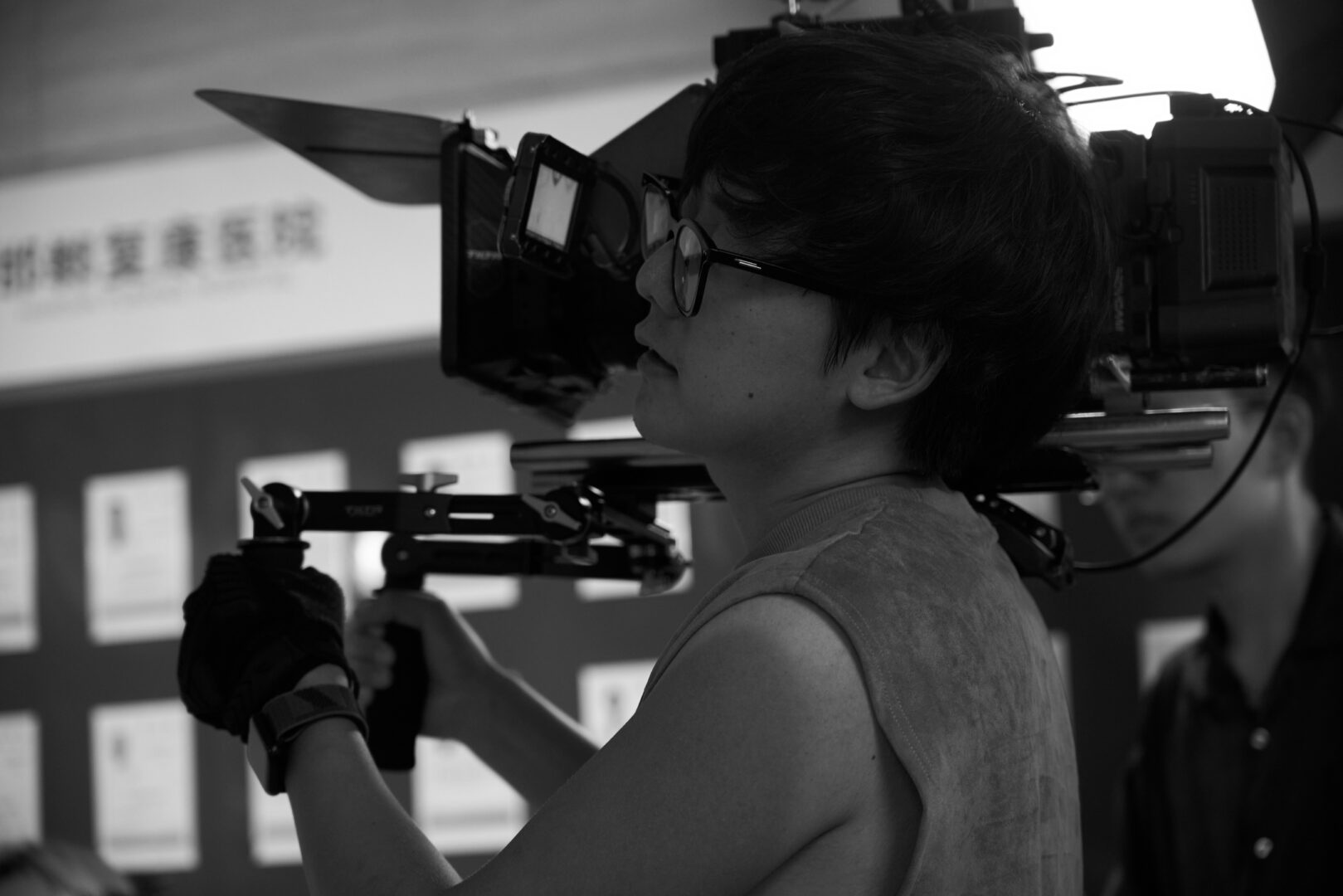
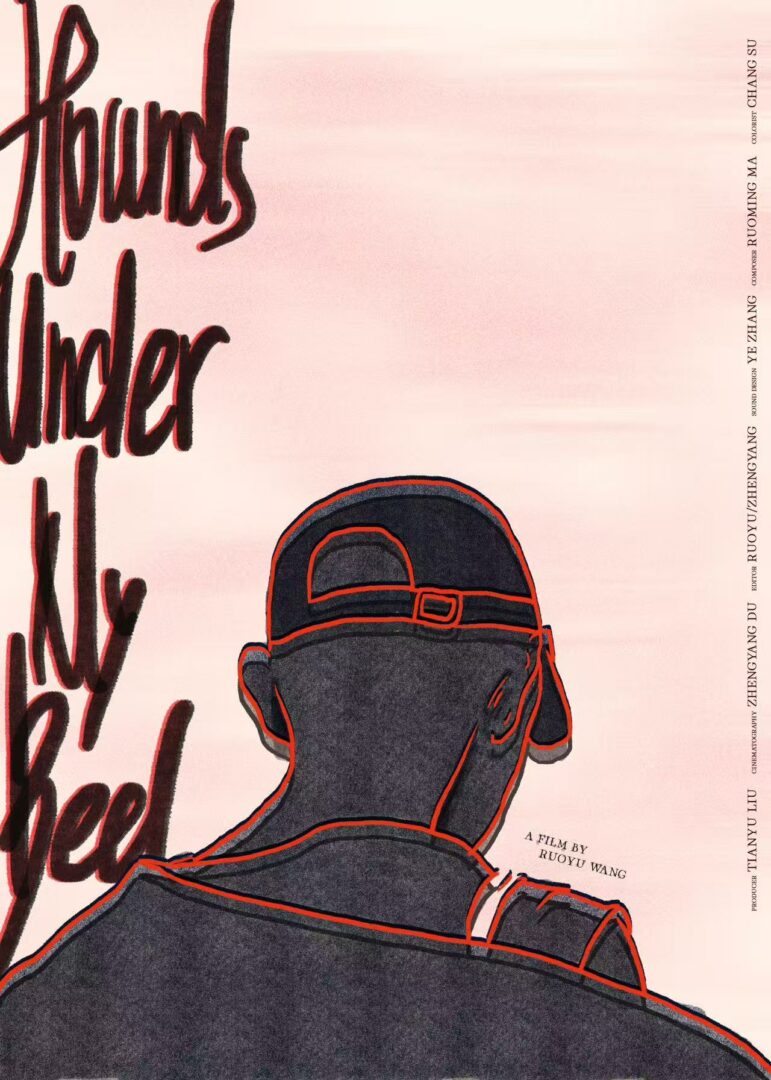
so if you or someone you know deserves recognition please let us know here.

